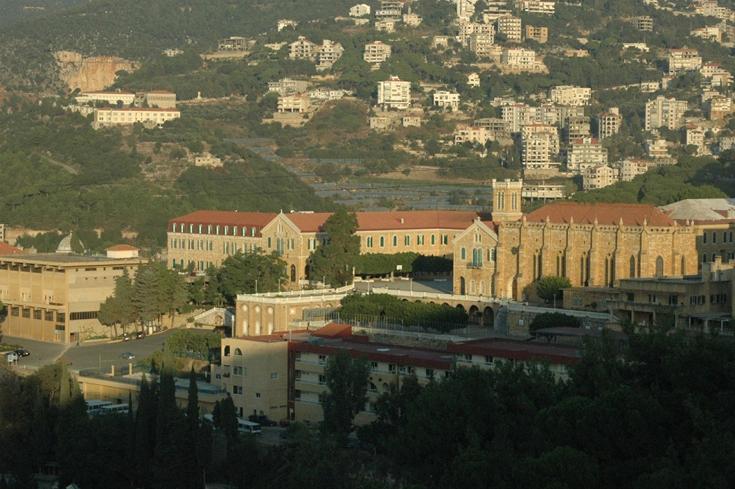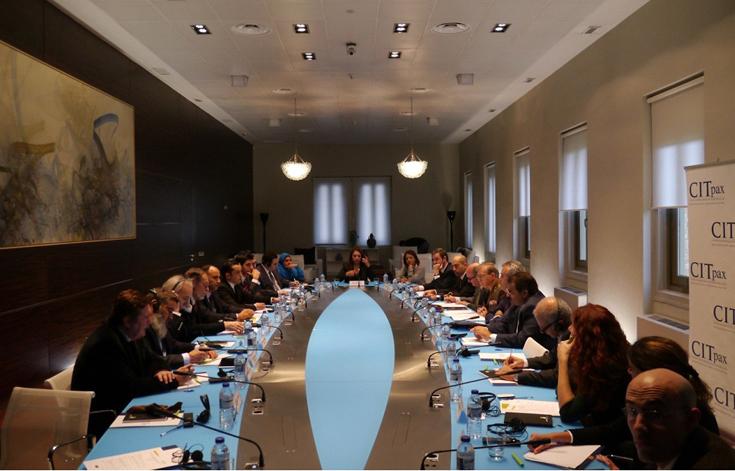Policy Fora
Water and renewable energy as tools for self-management of local communities in Lebanon

Friday, Dec 20 2013
Water and energy are basic resources, the management of which could be significantly improved in Lebanon, both locally and nationally. The country has considerable amount of water but citizens have shortages. The energy is insufficient and poorly distributed. Although many problems have to be managed at the national level, there are several solutions that could be introduced in local areas provided that the right systems and processes are implemented.With funding from the Aquae Foundation, CITpax has launched an initiative to help develop sustainable water management and promote renewable ener Read more...
Policy Fora
MedEnergy - Encouraging innovation through policy research
Tuesday, Dec 17 2013
New energy resources in the Mediterranean, ranging from recently discovered oil and gas and the potential reserves of natural gas and oil in the Levantine Basin, near Israel, Lebanon and Cyprus, are opening new economic and social opportunities in the region. These findings are occurring while energy consumption increases significantly in the southern Mediterranean and as climate change and political instability continue to pose major challenges for future Mediterranean societies.CITpax, CIDOB and the “Union for the Mediterranean” have identified the need for countries to enhance regional coop Read more...
Policy Fora
Security in North Africa and the Middle East: the impact on tourism as a strategic sector for regional stability

Monday, Nov 18 2013
The recurrent crises and political instability in the region since 2011 have had a direct impact on the economies of North Africa and the Middle East, especially damaging foreign investment and the strategic sector of tourism.Within the framework of a cooperation agreement with the Ministry of Defence of Spain, CITpax organised, on 18 November 2013, a panel discussion with the goal of determining how Egypt, Tunisia and Libya could regain tourism after the recent political crises. More specifically the participants analysed the implications that the lack of security has on tourism and defined a Read more...